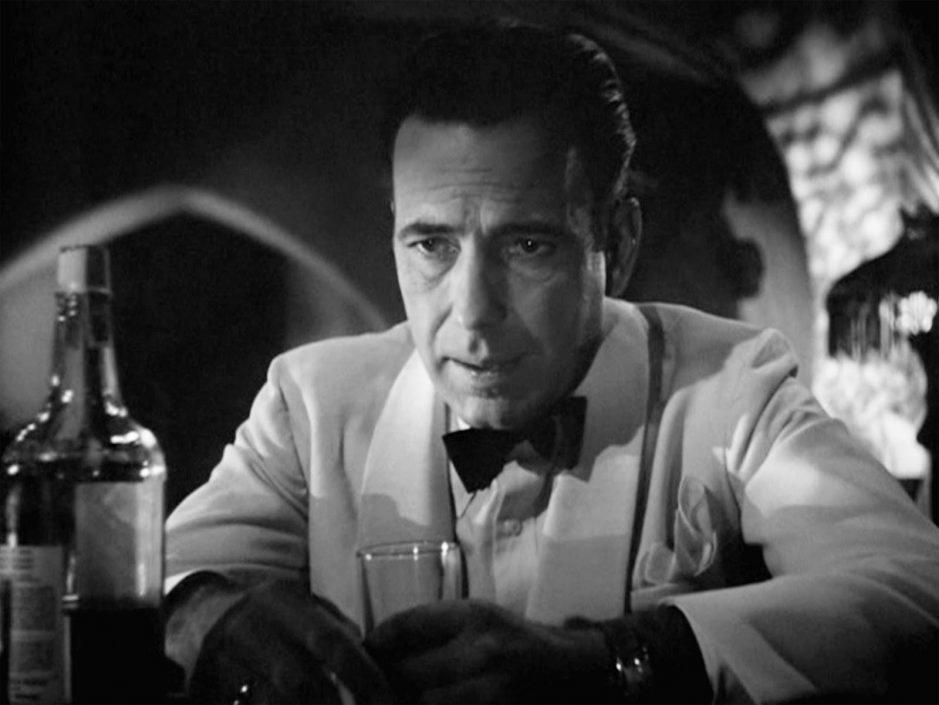I write all my plays by walking. I take notes in my NOTES app, or I may use the voice recorder to capture dialogue. It’s a healthy way to write – much easier on the body than sitting. Turns out there is science behind walking and creativity. Creative thinking improves while a person is walking and shortly thereafter, according to …
Collaboration Skills
One area of collaboration involves knowing *where you are* in the decision making process. There are three distinct phases that lead to a decision: Opening, Narrowing (aka Evaluating), and Closing. Usually, partners will be better at one or another of these phases. In Opening, you are brainstorming, perhaps researching, thinking of all the things that could go into your project. …
The Emotional Journey
I watched a script reading recently that really illustrated the need for an emotional journey in a play. I believe you can make a satisfying film without one, but for a play, emotional arcs are required. Peter Craig, novelist and screenwriter, says this: “Per Aristotle, while we may still think of a story having three acts — Beginning, Middle, End …
Write With a Pen
The “Writing Down The Bones” author Natalie Goldberg likes to keep things simple. She writes: “A writing practice is simply picking up a pen — a fast-writing pen, preferably, since the mind is faster than the hand — and doing timed writing exercises. The idea is to keep your hand moving for, say, ten minutes, and don’t cross anything out, …
Don’t Villainize Your Villain
How many times have you watched a show and felt sad when the villain wasn’t onstage? That’s because a good villain is not only watchable, they’re somewhat relatable. Think Aaron Burr. Stanley Kowalski. Goneril and Regan. When writing a villain, make them the hero of their own story and they’ll shine. More than anything, audiences want characters (virtuous and not) …
On Coincidences
Coincidences in plays can be problematic. Audiences will only tolerate so much. Once when discussing coincidences in “Oedipus Rex,” an instructor said what I think is a nifty, concise rule: “There should be only one coincidence per play, and it should happen offstage, and in the past.” Scott Myers makes the distinction between Fate coincidences and Writer coincidences. (Fate coincidences …
Flow
“The best moments in our lives are not the passive, receptive, relaxing times… The best moments usually occur if a person’s body or mind is stretched to its limits in a voluntary effort to accomplish something difficult and worthwhile.” ~ Mihaly Csikszentmihalyi The best writing occurs in flow states, I believe. It is as if you go away somewhere, and then …
The Myth of Writer’s Block
I really appreciate this post over at The Write Practice, which takes a bold approach to writer’s block: It doesn’t exist. Writer’s Block: there’s no such thing. We say that we have this thing called “writer’s block” and it’s the reason why we’ll never achieve our dreams. As if it’s a contracted disease. But it doesn’t exist. What we are …
What story?
How does one choose a story to dramatize? Two acclaimed screenwriters give their views: “A story worth telling is one that feels new even if it’s not new. You gotta remember, there are a lot of stories out there, and what is the urgency to tell this particular story? I think it’s not going to come out of plot; it’s …
Courage to Write
If we had to say what writing is, we would have to define it essentially as anact of courage. —Cynthia Ozick From Scott Myers: “There is always the chance audiences won’t get it.There is always the chance audiences won’t connect with it.There is always the chance audiences will reject it.Also this: There is always the chance what we write won’t …









